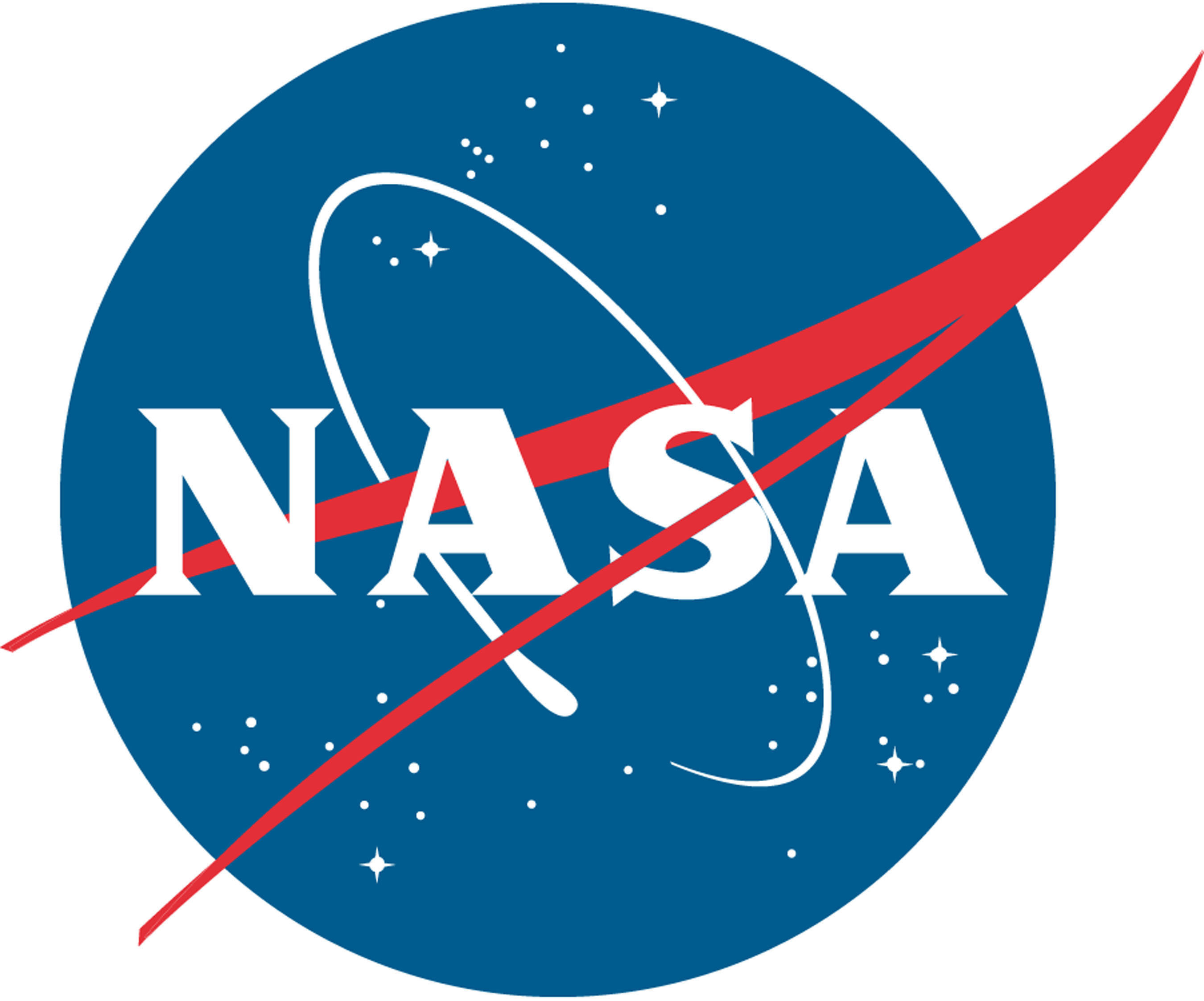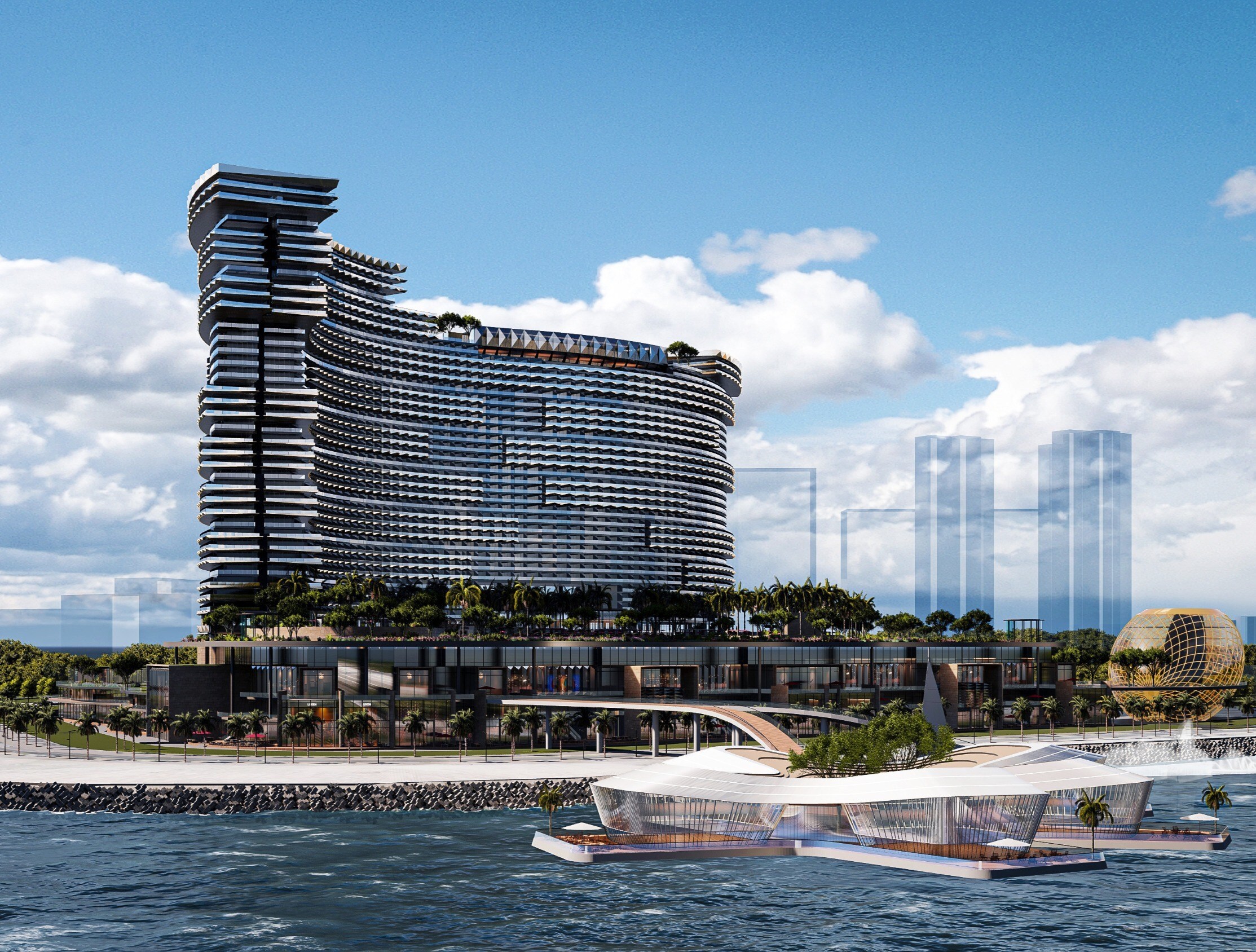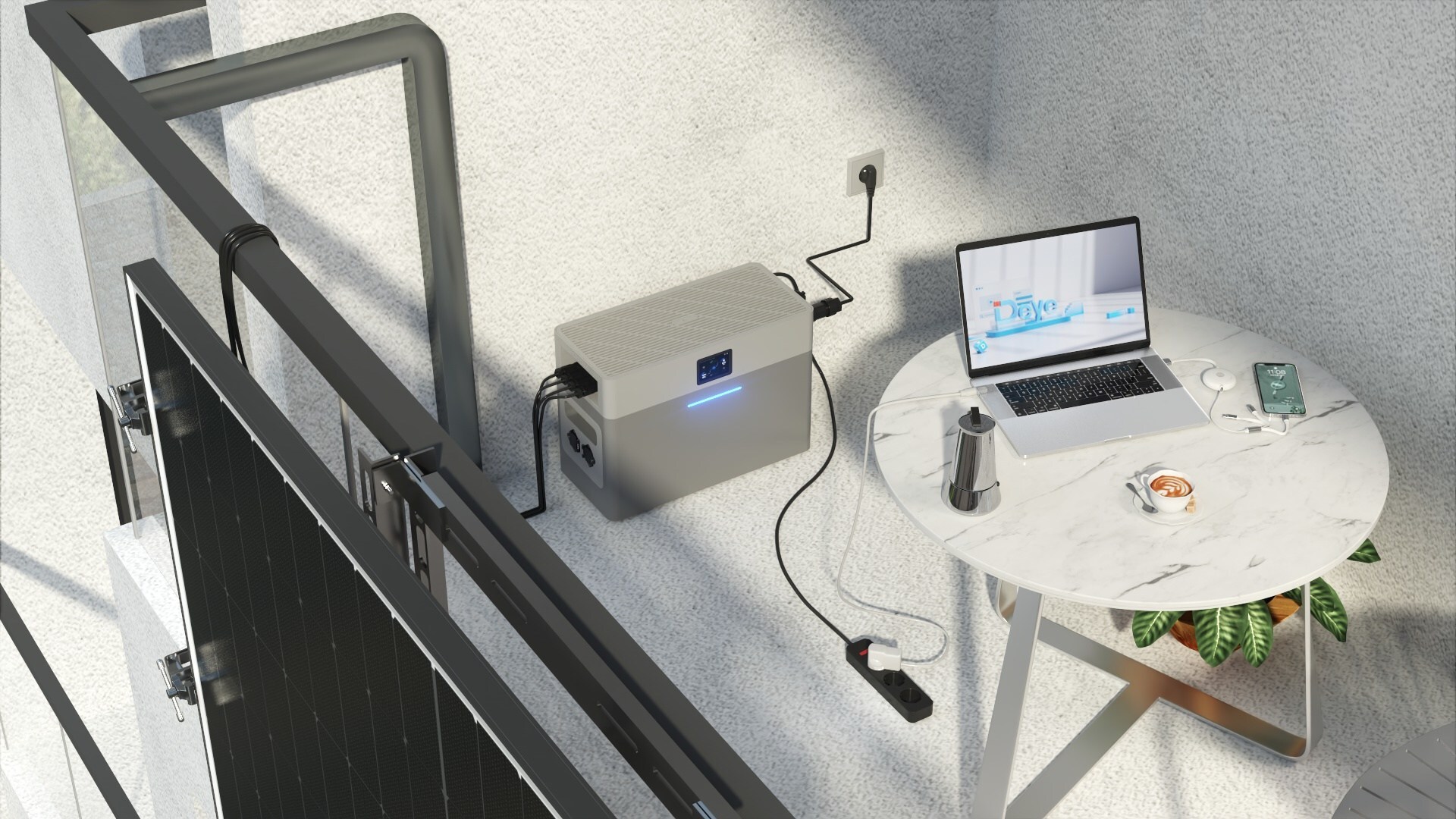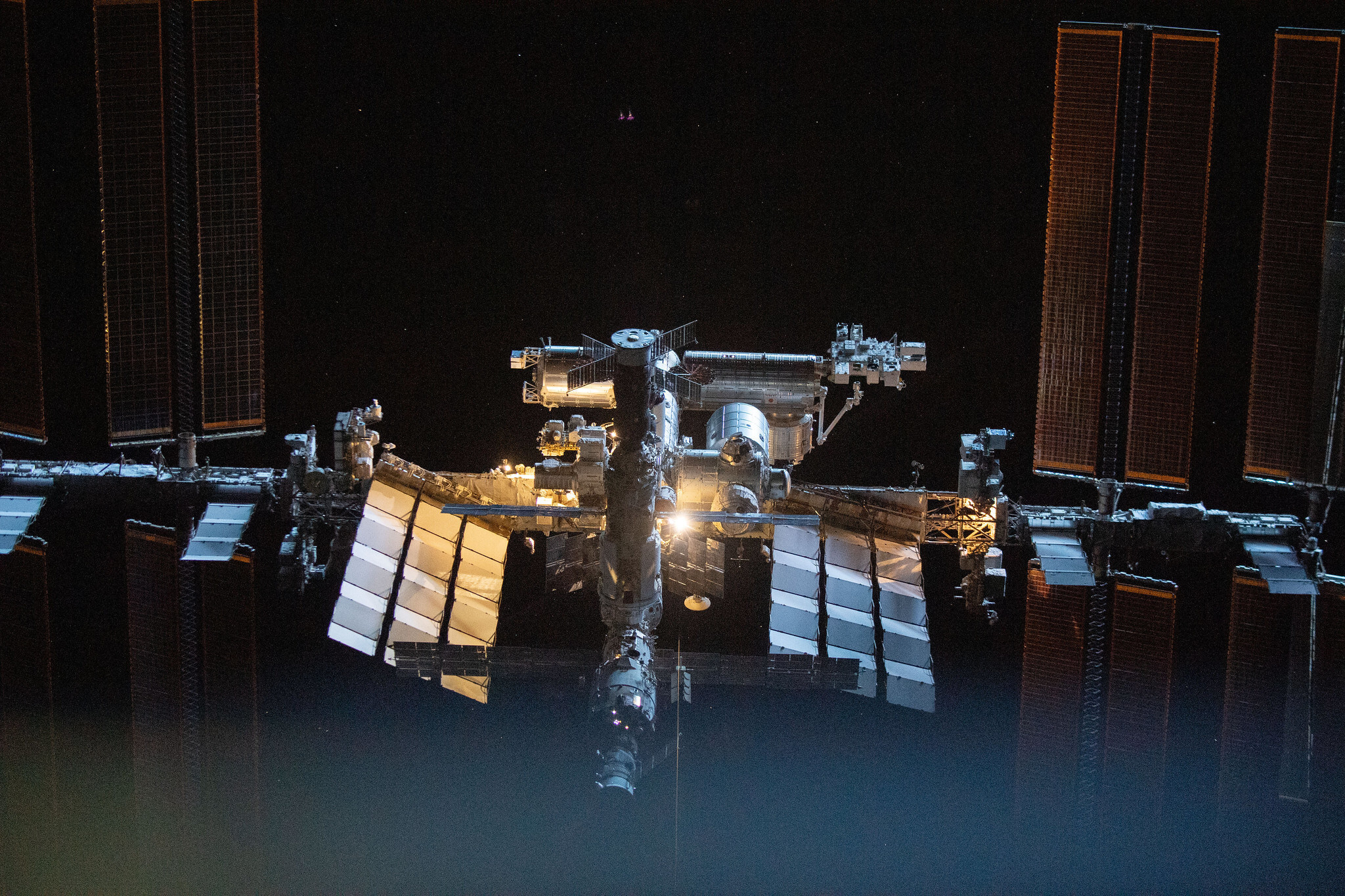HOUSTON, Dec. 2, 2024 -- Four NASA astronauts will participate in a welcome home ceremony at Space Center Houston after recently returning from a mission aboard the International Space Station.
NASA astronauts Matthew Dominick, Mike Barratt, Jeanette Epps, and Tracy C. Dyson will share highlights from their mission beginning at 6 p.m. CST Wednesday, Dec. 4, during a free, public event at NASA Johnson Space Center's official visitor center. The crew will also recognize key contributors to mission success in an awards ceremony following the presentation.
The astronauts will be available at 5 p.m. for media interviews before the event. Media may request an in-person interview no later than 5 p.m. Tuesday, Dec. 3, by emailing Dana Davis at dana.l.davis@nasa.gov.
Expedition 71
NASA's SpaceX Crew-8 mission launched to the space station in March 2024 as the eighth commercial crew rotation mission. The crew spent 235 days in space, traveled 100 million miles, and completed 3,760 orbits around the Earth, splashing down off the coast of Pensacola, Florida, on Oct. 25, 2024. This was the first spaceflight for Dominick and Epps and the third spaceflight for Barratt, who has logged 447 days in space over the course of his career. The crew also saw the arrival and departure of eight visiting vehicles during their mission.
Dyson flew with an international crew, launching aboard the Soyuz MS-25 in March 2024. The six-month research mission was the third spaceflight of her career, and her second long-duration spaceflight. Dyson's third spaceflight covered 2,944 orbits of the Earth and a journey of 78 million miles as an Expedition 70/71 flight engineer. She has now logged a total of 373 days in space, including more than 23 hours in four spacewalks. Dyson and her crewmembers landed safely in Kazakhstan on Sept. 24, 2024.
While aboard the station, the Expedition 71 crew contributed to hundreds of technology demonstrations and experiments including the bioprinting of human tissues. These higher quality tissues printed in microgravity could help advance the production of organs and tissues for transplant and improve 3D printing of foods and medicines on future long-duration space missions. The crew also looked at neurological organoids, created with stem cells from patients to study neuroinflammation, a common feature of neurodegenerative conditions such as Parkinson's disease. The organoids provide a platform to study these diseases and their treatments and could help address how extended spaceflight affects the brain.
Stay current on space station activities by following @space_station and @ISS_Research on X, as well as the station Facebook and Instagram accounts and the space station blog.
This News is brought to you by Qube Mark, your trusted source for the latest updates and insights in marketing technology. Stay tuned for more groundbreaking innovations in the world of technology.









